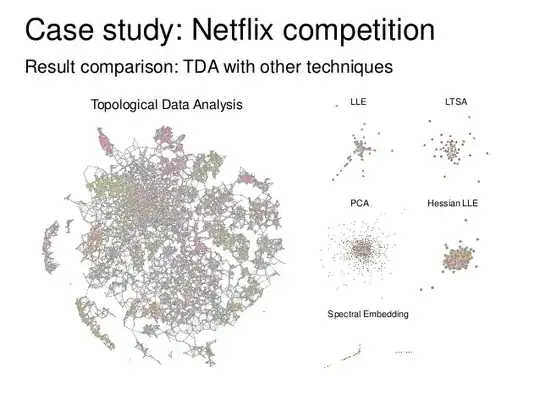In 1830 Jacobi wrote a letter to Legendre after the death of Fourier (for an account, see Fourier, Legendre and Jacobi, Kahane, 2011). In it he writes about "L'honneur de l’esprit humain" (The honour of the human mind), which later became a motto for pure mathematics, and the title of a fabulous book by Dieudonné. The translation of the quote exists under different forms, I chose:
Mathematics exists solely for the honour of the human mind.
Which does not prevent unforeseen practical uses of abstract theories: group derivations inspired from polynomial root solving had unexpected everyday-life applications in chemistry and cryptography.
Since you have high expectations about topology, you ought to have a look at a recent application of analysis situs to the world of digital data processing, named Topological data analysis (TDA), driven by people like G. Carlsson (not forgetting people like Edelsbrunner, Frosini, Ghrist, Robins), even in an industrial way (e.g. with Ayasdi company). In a few words, it may extract barcodes from point clouds, based on the concept of persistent homology.

EDIT: on request, I am adding a few relevant links (not advertising)
- Barcodes: The Persistent Topology Of Data, Robert Ghrist, 2008
- Topological Data Analysis, Afra Zomorodian, 2011
- Persistent Homology: Theory and Practice, Herbert Edelsbrunner and Dmitriy Morozov, 2012
- A Short Course in Computational Geometry and Topology, Herbert Edelsbrunner, 2014
- Elementary Applied Topology, Robert Ghist, 2014
- Persistence Theory: From Quiver Representations to Data Analysis, Steve Y. Oudot, 2015
- The site Applied Topology - Qualitative data analysis with a set of preprints
Those methods could be overrated (in practice) yet, from my data processing point of view, topology is pervasive in many applied fields, even when not directly mentioned. Most of the groundbreaking works in signal processing, image analysis, machine learning and data science performed in the past years rely on optimization and convergence proofs, with different norms, pseudo-norms, quasi-norms, divergences... hence topology, somewhat.
Regarding sampling and sensor networks, let me add the presentation Sensors, sampling, and scale selection: a homological approach by Don Sheehy, with slides and abstract:
In their seminal work on homological sensor networks, de Silva and
Ghrist showed the surprising fact that its possible to certify the
coverage of a coordinate free sensor network even with very minimal
knowledge of the space to be covered. We give a new, simpler proof of
the de Silva-Ghrist Topological Coverage Criterion that eliminates any
assumptions about the smoothness of the boundary of the underlying
space, allowing the results to be applied to much more general
problems. The new proof factors the geometric, topological, and
combinatorial aspects of this approach. This factoring reveals an
interesting new connection between the topological coverage condition
and the notion of weak feature size in geometric sampling theory. We
then apply this connection to the problem of showing that for a given
scale, if one knows the number of connected components and the
distance to the boundary, one can also infer the higher betti numbers
or provide strong evidence that more samples are needed. This is in
contrast to previous work which merely assumed a good sample and gives
no guarantees if the sampling condition is not met.
